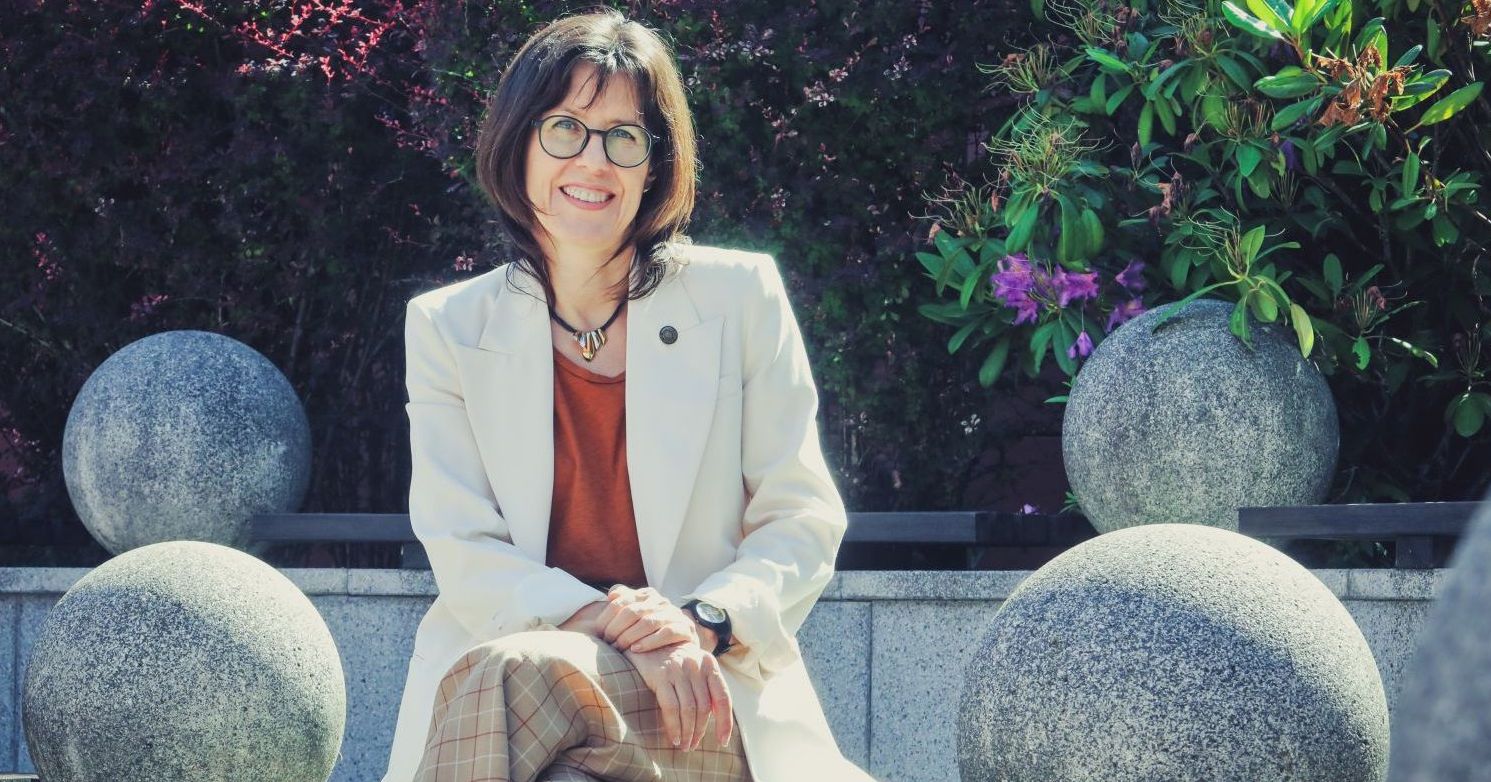 Social sciences
Social sciences
Polish Nobel Prize for Prof. Maria Lewicka
Prof. dr habil. Maria Lewicka from the NCU Faculty of Philosophy and Social Sciences has been awarded this year's Prize of the Foundation for Polish Science, considered the most important scientific distinction in the country.
The prizes of the Foundation for Polish Science, called the Polish Nobel Prizes, have been awarded since 1992 for outstanding scientific achievements and discoveries that push the boundaries of cognition and open new cognitive perspectives, make an outstanding contribution to the civilisational and cultural progress of the country and ensure Poland's prominent place in tackling the most ambitious challenges of the contemporary world. The prize amounts to PLN 200,000.
Prof. dr. habil. Maria Lewicka was awarded in the area of humanities and social sciences for formulating and verifying a psychological model of place attachment and place memory.

Andrzej Romański
In addition to the NCU scholar, this year's winners of the Foundation for Polish Science Prize are Prof Krzysztof Liberek from the Medical University of Gdańsk, Prof Marcin Stępień from the University of Wrocław and Prof Rafał Latała from the University of Warsaw.
The award ceremony will take place on 6 December.
Prof. dr hab. Maria Lewicka is Head of the Department of Social and Environmental Psychology at the Institute of Psychology, Faculty of Philosophy and Social Sciences, NCU. She completed her master's degree in psychology in 1972 at the Adam Mickiewicz University in Poznań. In 1978, at the University of Warsaw, she obtained her Ph.D. degree, and doctor habilitated.in 1993. - She received the title of professor in 2013. In her professional career, she was affiliated with the Adam Mickiewicz University in Poznań (1972-1975), the Polish Academy of Sciences (1978-1983) and the University of Warsaw (1975-1978 - doctoral studies and 1983-2016). She also worked at the University of Tromsø in Norway from 1994 to 2004. In 2016, she started working at the Nicolaus Copernicus University in Toruń, where she headed the team responsible for the establishment of the psychology major. Over the years, she has held a number of administrative and organisational positions, including Head of the Department of Social Psychology at the Faculty of Psychology at the University of Warsaw, Dean's Plenipotentiary for Interdepartmental Studies, and at the NCU - Head of the Department of Psychology, Director of the Institute of Psychology and Head of the Department of Social and Environmental Psychology; she has also served on numerous expert committees, e.g. She has also sat on numerous expert panels, including the Psychology Committee of the Polish Academy of Sciences, the Ministry of Science and Higher Education's team for awards for outstanding scientific achievements and for achievements in scientific and teaching care, the Committee for Evaluation of Research Units and the Committee for Parameterisation of Journals at the Ministry of Science and Higher Education. Prof. Maria Lewicka's research interests include the psychology of place, local identity, place memory (Central and Eastern Europe with particular emphasis on Ukraine and Lithuania), as well as social valuation processes, social and cultural capital, social perception and intergroup relations, and mechanisms of human (in)rationality. She developed her research related to the psychology and memory of place and local identity between 2016 and 2021, and the main axis of her recent interest is the issue of essentialism vs. anti-essentialism in the perception of places. Her research on this topic was carried out as part of the OPUS 13 grant, as well as partially as part of the PRELUDIUM BIS2 and SONATA 17 grants in consortium with the Wroclaw University of Life Sciences. She is the recipient of the J-P Codol Award granted by the European Association of Experimental Social Psychology for her contribution to European psychology (2009), the Theofrast Award and the Władysław Witwicki Prize (2013) for the best scientific book ("Psychology of Place") . She has been a member of the Academy Europea since 2021. Prof. Maria Lewicka is the author or co-author of numerous scientific publications, including monographs, book chapters and articles, including about 30 in high-scoring international journals. She regularly appears in the list of the world's most influential researchers in terms of the number of citations of articles, compiled by the Elsevier publishing house and Stanford University.
 NCU News
NCU News






 Social sciences
Social sciences
 Social sciences
Social sciences
 Social sciences
Social sciences
 Social sciences
Social sciences